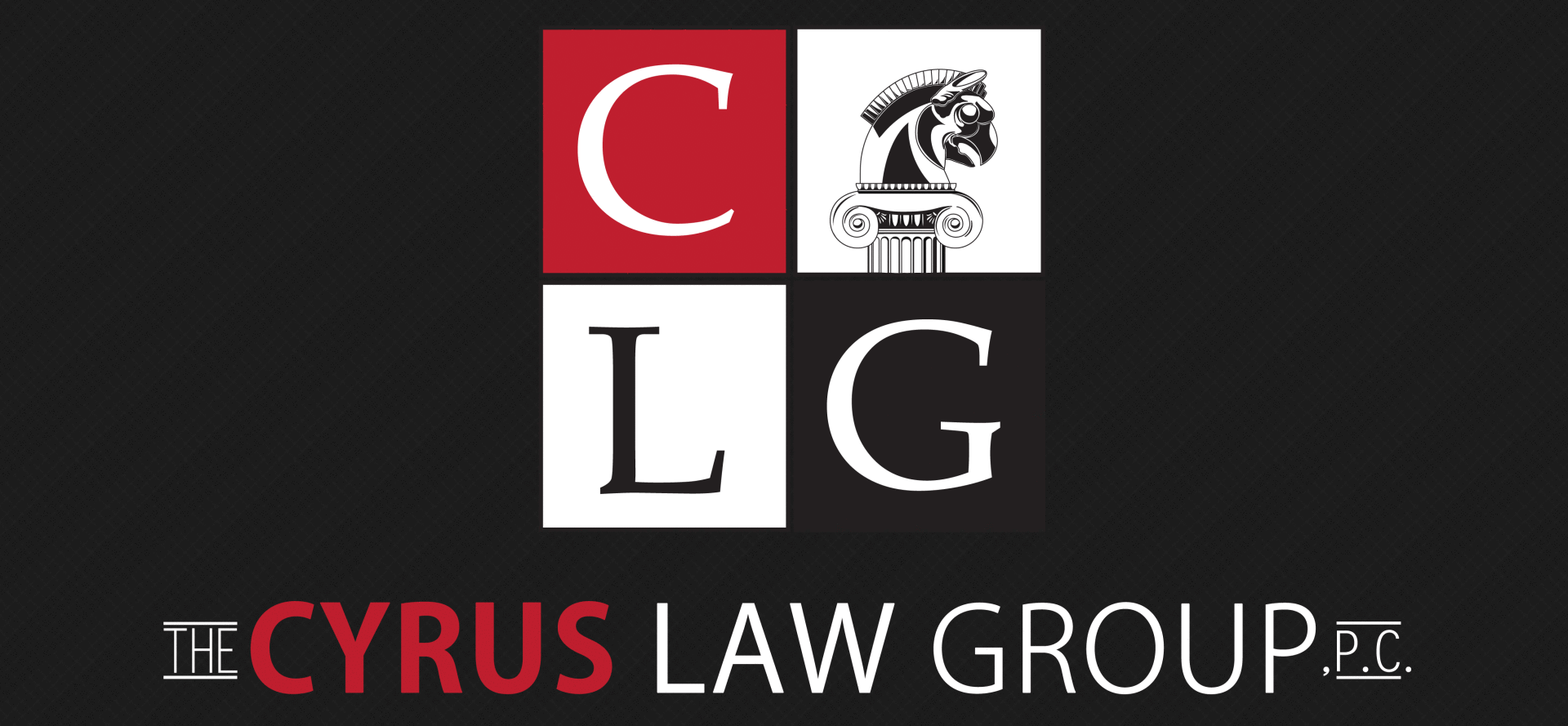The Jenner sisters, Kendall and Kylie, have been on the receiving end of cease and desist letters from the estates of celebrities due to some t-shirts the two sold. Most recently, a cease and desist letter sent by the estate of Jim Morrison, the late great frontman for the Doors, blasted the sisters for their unauthorized use of the Doors trademark, as well as violating Morrison’s post-mortem publicity rights.
The tees featured an image of Kendall superimposed over an iconic and well-known image of Jim Morrison that was used to promote the Doors. This specific shirt was just one of a line of vintage style t-shirts that feature well-known musical artists’ work modified to superimpose images of the sisters.
Jenner T-Shirt Debacle
While there may be some who think the t-shirts look cool, legally, there was a failure to communicate. The sisters allegedly failed to reach out to the artists whom they were copying prior to creating the shirts. Generally, in order to use or copy another person’s creative work, a license, or permission, must be granted. While it is arguable that the designs were not infringing, or fall under fair use, the Jenner sisters do not seem to be making that claim at this time. Rather, they have listened to the public outcry, apologized, and removed the offending items from their online store.
In addition to failing to contact Morrison’s estate, it is alleged that the Jenner sisters failed to contact the estates of other artists as well, including Christopher “Biggie” Smalls, and even Tupac. Biggie’s mother, who administers his estate, has been publicly vocal about how the Jenners’ use of her son’s image and trademarks not only violate the law, but were offensive as well. The artists have claimed that the infringement also dilutes their own trademark, which is the legal equivalent of a slap in the face for a celebrity.
Fair Use and T-Shirt Sales
Under copyright and trademark laws, there are exceptions to when a person can copy another’s work. Generally, the major exceptions are for parodies and social discourse. This is called the “fair use doctrine.” Under the fair use doctrine, criticism, comment, scholarship, research, news reporting or teaching, allows copyrighted or trademarked materials to be used for limited purposes.
When it comes to t-shirts, many print on demand services, and custom t-shirt makers, require individuals to confirm that they own the copyrights to any images before printing. Some will even refuse to print shirts that contain designs that are known to be copyrighted, or trademarked, by another.
Related Resources:
- Greatest Hits: The Best of Celebrity Trademarks (FindLaw’s Celebrity Justice)
- How to Copy Your Competitors Without Breaking the Law (FindLaw’s Free Enterprise)
- Ignoring a Cease-and-Desist Letter: What Can Happen? (FindLaw’s Free Enterprise)
- Is It Legal to Photocopy Textbooks? (FindLaw’s Law and Daily Life)
